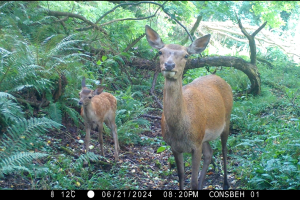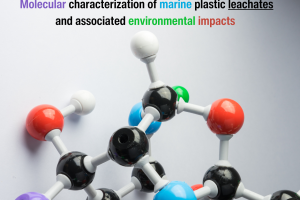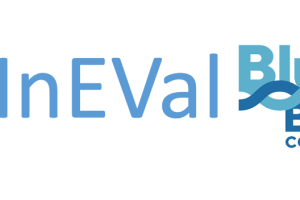The InEVal project aims to develop realistic value-added, innovative products and services from echinoderm bio resources. Focussing on value and sustainability at every step along the full value chain, these resource uses will contribute to zero-waste and circular economies driving a competitive blue bio economy in Europe.


